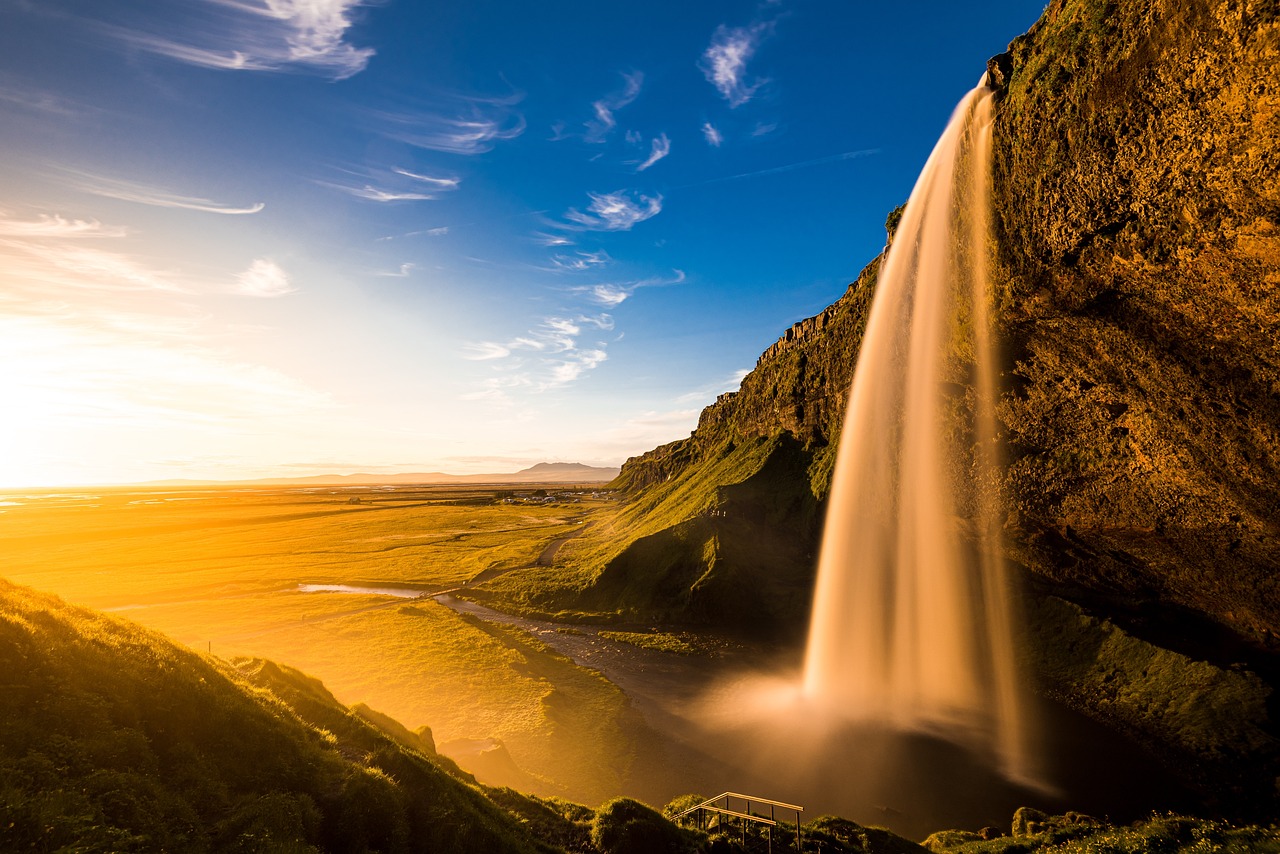Iceland Video
Cost of Living in Iceland: A Detailed Breakdown for Digital Nomads
Iceland, a Nordic island nation located in the North Atlantic Ocean, is known for its stunning landscapes, vibrant culture, and high living standards. If you’re a digital nomad considering a move to Iceland, it’s essential to understand the cost of living in this unique country. This article will provide a detailed breakdown of the expenses you can expect as a digital nomad in Iceland.
Introduction
Living in Iceland can be a rewarding experience, but it’s important to be aware of the cost of living before you make the move. The prices in Iceland can be higher compared to many other countries, but the quality of life and the unique experiences the country offers make it worthwhile. To help you plan your budget, let’s dive into the different aspects of the cost of living in Iceland.
Housing
- Rental Apartments: Renting an apartment in Iceland can be quite expensive, especially in the capital city of Reykjavik. The average monthly rent for a one-bedroom apartment in the city center is around $1,800 to $2,500, while outside the city center, it can range from $1,400 to $2,000.
- Airbnb: If you prefer short-term accommodation, Airbnb is a popular option. Prices vary depending on the location and the type of property. On average, a private room in an Airbnb can cost around $70 to $150 per night.
- Hostels: For budget travelers, hostels are a more affordable option. Prices range from $30 to $60 per night for a dormitory-style bed.
Transportation
- Public Transportation: Iceland has an extensive bus network, especially in Reykjavik. A single bus ticket costs around $3, and a monthly pass is approximately $80. Buses are a convenient and cost-effective way to get around the city.
- Taxis: Taxis in Iceland are quite expensive. The starting fare is around $5, and each kilometer will cost you approximately $2.50. It’s advisable to use taxis sparingly to save on transportation costs.
- Rideshares: Rideshare services like Uber and Lyft are not available in Iceland. Instead, the country has local rideshare apps like “Bolt” and “Hreyfill.” The prices are comparable to taxis but may vary depending on the distance traveled.
Food and Dining
- Groceries: Buying groceries and cooking your meals can help you save money in Iceland. A weekly grocery bill for one person can range from $70 to $100, depending on your eating habits and dietary preferences.
- Restaurants: Eating out in Iceland can be quite expensive. A meal at an inexpensive restaurant can cost around $20 to $30, while a three-course meal for two at a mid-range restaurant can cost anywhere between $80 and $150.
- Coffee: A cup of coffee in Iceland can cost around $4 to $6. If you’re a coffee lover, it’s worth considering investing in a coffee machine or making your own coffee to save money.
Entertainment and Recreation
- Museums: Iceland is home to several fascinating museums that offer insights into its history and culture. The admission fees for museums range from $10 to $20 per person.
- Natural Attractions: Iceland’s natural attractions, such as waterfalls, geysers, and hot springs, are a must-visit. Many of these attractions are free, but some may require an entrance fee of around $10.
- Nightlife: Reykjavik has a vibrant nightlife scene with numerous bars and clubs. Drinks at bars can be quite expensive, with a pint of beer costing around $10 to $15.
Healthcare
- Health Insurance: As a digital nomad in Iceland, it’s crucial to have comprehensive health insurance coverage. The cost of health insurance can vary depending on your age, health condition, and the coverage you choose. It’s recommended to research and compare different insurance providers to find the best option for your needs.
- Medical Services: Iceland has a high standard of medical care. Consultation fees with a general practitioner can range from $80 to $150. It’s advisable to have a contingency fund for medical emergencies.
Utilities
- Electricity: The average monthly electricity bill for a small apartment in Iceland is around $100 to $150. This cost may increase during the colder winter months due to heating requirements.
- Water and Sewage: The cost of water and sewage services is relatively low in Iceland, averaging around $40 to $60 per month.
- Internet: High-speed internet is widely available in Iceland. The average monthly cost for internet services is approximately $50 to $70.
Personal Care
- Haircuts: A basic haircut in Iceland can cost around $25 to $40. Prices may vary depending on the salon and the complexity of the hairstyle.
- Gym Memberships: Joining a gym in Iceland can be quite expensive, with monthly membership fees ranging from $80 to $150.
- Beauty and Spa Services: Beauty and spa services like massages and facials can be costly, with prices starting from $100 and going up depending on the treatment and duration.
Conclusion
Living as a digital nomad in Iceland can be a fantastic experience, but it’s important to be prepared for the higher cost of living. By understanding the various expenses involved, such as housing, transportation, food, and healthcare, you can plan your budget accordingly. Despite the higher prices, Iceland offers a unique and breathtaking environment that makes it an attractive destination for digital nomads.
References
– Statistics Iceland: www.statice.is
– Numbeo: www.numbeo.com
– Icelandic Meteorological Office: en.vedur.is
– Directorate of Immigration, Iceland: utl.is
– Icelandic Transport Authority: www.samgongustofa.is


